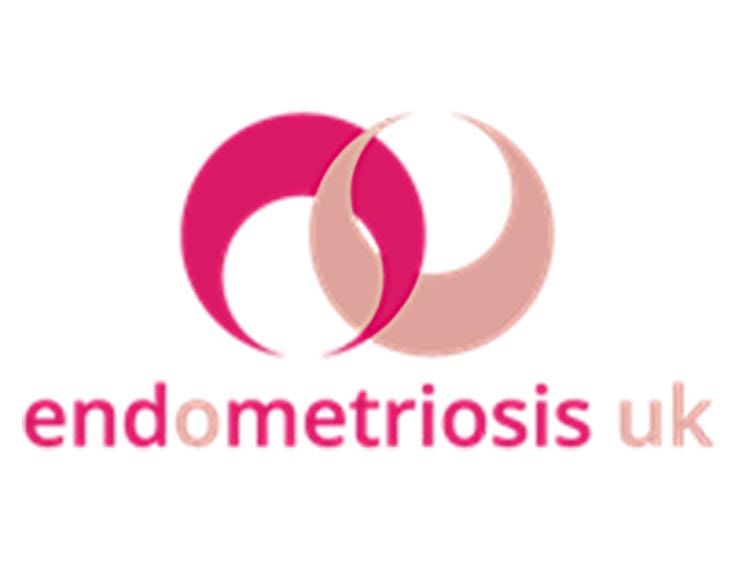Menstrual wellbeing education to be taught in schools from 2020

School children and teachers welcome new menstrual wellbeing education to be taught in schools from 2020
Today pupils and teachers from St John’s school in Surrey will meet with Schools Minister Nick Gibb to welcome new plans for every child to be taught about menstrual wellbeing from 2020, and to call on the Government to work with teachers to ensure the new guidelines are implemented across the UK.
Last month the Government announced new plans for every child in England to be taught about menstrual wellbeing, setting out plans to make relationships education in all primary schools and relationships and sex education (RSE) in all secondary schools compulsory. Guidance for the new subject of health education confirms that all pupils – regardless of their gender – will be taught the facts about menstrual wellbeing.
Emma Cox, CEO of Endometriosis UK said:
“Endometriosis UK is incredibly encouraged by the response to the new Health Education curriculum that will make it compulsory to teach menstrual wellbeing in both primary and secondary education. This change will help overcome the taboo and embarrassment around periods, as well as equipping girls with the knowledge of what is and isn’t normal for their menstrual cycle, and in turn the confidence to seek help when it is needed. Importantly, they will also know the correct language to communicate with their parents or medical practitioners.
“Endometriosis UK is now looking forward to working with the Government to ensure the new curriculum is implemented across the country to empower children, parents and teachers to talk openly about menstrual wellbeing. The education system plays a pivotal role in teaching young women about menstrual wellbeing, and providing an open and safe environment to discuss what to expect from puberty. The Government must get the guidance right so teachers feel empowered to be part of this crucial change in the curriculum so that we begin to break down the barriers facing young women in seeking help for menstrual conditions such as endometriosis”.
Since the announcement, teachers and school children have come forward to welcome the plans.
Amongst those welcoming the news, Deputy Head Teacher Ewan Laurie from St John’s school in Leatherhead said:
“Puberty can be a confusing time for young adults and taboo and lack of practical information can contribute to the ‘mystery’ surrounding topics like menstruation. One of the key barriers facing young women when it comes to their menstrual cycle is not understanding what is and isn’t normal for most, and when and how to seek help. I’m delighted that the Government has now recognised the vital need to teach both boys and girls about menstrual wellbeing in a safe and open environment. At St John’s School, Leatherhead, pupils have been taking part in workshops to discuss the needs of young people and helping to design teaching resources that work for them. We are delighted to be taking part in such projects as we are committed to giving children the education they need to excel in later life.”
“This exciting change in the curriculum will equip young people with the language and confidence they need to discuss periods more openly and recognise in themselves or others close to them when it might be time to ask for support. Education in this area will help demystify menstruation, empower students and educate teaching staff; ensuring that young women who might be suffering from a condition such as endometriosis have the knowledge and skills to seek help sooner rather than later.”
Nick Gibb, Minister for School Standards, added:
“Our new health education curriculum is designed to give young people all the facts they need to live healthy lives – ensuring every pupil learns about menstrual wellbeing is an important part of that.
“This teaching will build on what pupils learn in science, giving them a well-rounded picture of health – both mental and physical – and encouraging them to discuss these issues with confidence.”
From September 2020 Health Education will be universal – the new regulations will make Health Education compulsory in all state-funded schools, while PSHE is already compulsory in private schools through the Independent School Standards.
The average age to start a period in the UK is 9-11 years old, although GPs have reported seeing girls as young as 7 who have started their periods.
Menstrual conditions affect significant numbers of women, for example:
- Heavy Menstrual Bleeding – 20%
- Fibroids – 20%
- Endometriosis – 10%
- PCSO – 10%
- PMDD – 5%
These can affect girls and adolescents. Despite the large numbers who suffer, many do not realise they have a medical condition that can be treated. For example 1 in 5 women suffer from heavy menstrual bleeding yet 50% + of these do not realise it is a medical condition and do not seek help. Diagnosis times can be many years e.g. average of 7.5 years for a diagnosis of endometriosis.
March: Endometriosis Awareness Month
Endometriosis UK is delighted to partner with Standard Life, who have commissioned internationally-renowned portrait photographer Rankin for a new exhibition ‘Beyond the Invisible’ opening at the end of March to shine a light on endometriosis and continue to raise awareness of the condition.
Rankin’s subjects for the photography exhibition include endometriosis sufferers from all walks of life, including media personalities as well as professionals who support sufferers through their work.












Responses